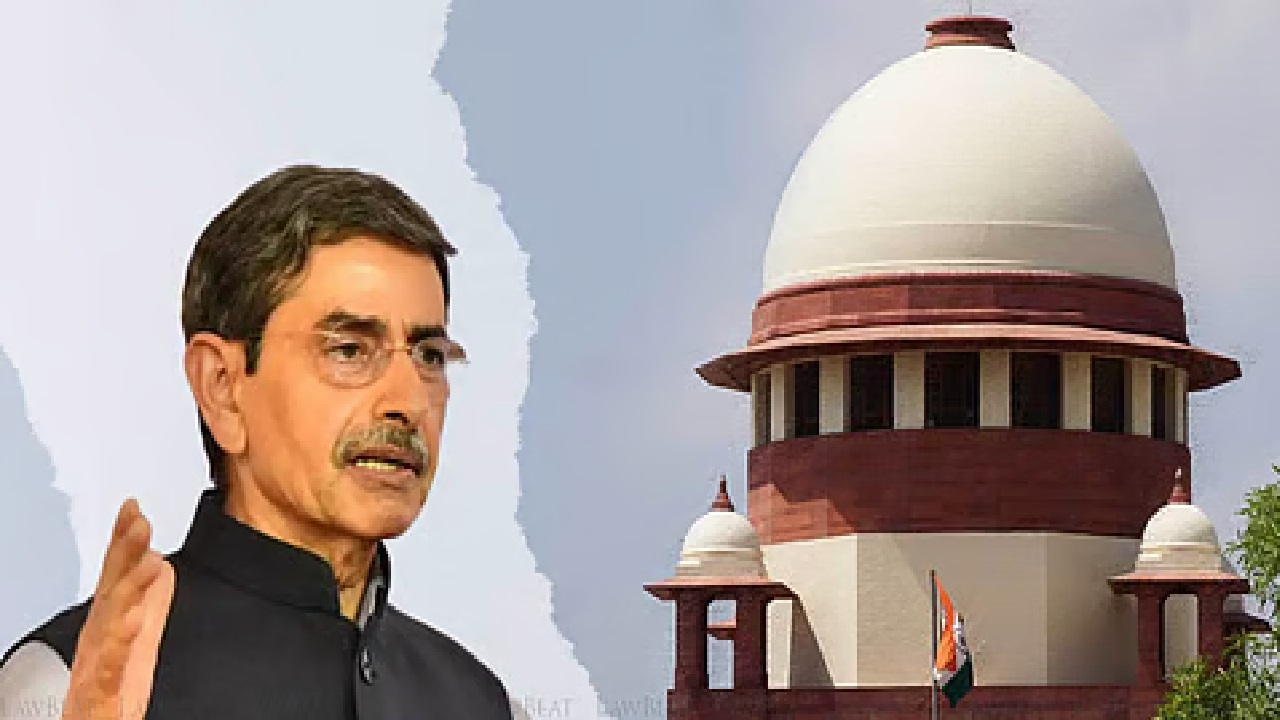A Major Arrest in the Global Hunt for Terror Operatives
In a significant breakthrough in India’s fight against transnational terrorism, Harpreet Singh, alias Happy Passia, a fugitive gangster and alleged terrorist with deep links to Pakistan-based militant networks, was arrested by the Federal Bureau of Investigation (FBI) and US Immigration Enforcement in Sacramento, California. Singh’s capture is being seen as a major step in cracking down on gangster-terrorist nexuses that operate across borders and exploit foreign soil to evade Indian law enforcement.
Singh, wanted in 17 terror-related cases in India, is closely associated with Harvinder Singh Rinda, a known terrorist operating from Pakistan, and affiliated with the banned Khalistani terror outfit Babbar Khalsa International (BKI).
Harpreet Singh: A Fugitive with Terror Ties
Harpreet Singh, who fled India using a human trafficking route through Mexico in 2021, had been on the run for nearly three years. Once inside the US, he allegedly used burner phones and encrypted apps to avoid detection by federal authorities.
According to the FBI and US Immigration and Customs Enforcement (ICE), Singh was involved in at least 14 terror attacks in Punjab, including a grenade strike in Chandigarh in 2024, targeting a retired police officer. The attacks were allegedly orchestrated in coordination with Rinda, with backing from ISI-sponsored networks in Pakistan.
Singh was arrested under immigration charges and is now in ICE custody, where he holds the legal right to contest deportation under US law. However, Indian agencies, particularly the National Investigation Agency (NIA), have long sought his extradition under charges filed under the Unlawful Activities (Prevention) Act (UAPA).
The Wider Network: India’s Gangsters Hiding Abroad
Harpreet Singh’s arrest brings renewed focus on India’s growing list of wanted fugitives who have taken shelter in foreign countries. These individuals often use political asylum loopholes, illegal entry, and fake identities to evade prosecution:
· Harvinder Singh Rinda – Based in Pakistan, linked to arms smuggling and bombings in India.
· Goldy Brar – Alleged mastermind in the murder of Punjabi singer Sidhu Moosewala, believed to be hiding in Canada.
· Lawrence Bishnoi – Though currently in Indian custody, his gang has international funding networks.
· Gurpatwant Singh Pannun – US-based Khalistani separatist, designated terrorist by India.
· Paramjit Singh Panjwar – Former Khalistan Commando Force chief, based in Pakistan until his death in 2023.
· Arsh Dalla – Declared terrorist by the NIA, reportedly living in Canada.
These fugitives have managed to build financial and operational networks overseas, often enjoying protection under asylum laws or weak extradition frameworks.
Time for Global Collaboration Against Terror Havens
The arrest of Harpreet Singh is a crucial diplomatic and security victory for India, underscoring the importance of international cooperation in tackling cross-border terrorism. However, it also highlights a broader concern: many such fugitives continue to operate from safe havens in Western countries, posing persistent threats to India’s national security.
India must now work proactively through extradition treaties, diplomatic engagements, and intelligence sharing agreements to ensure these individuals face justice. As the global community increasingly recognizes the risks of terror-gangster convergence, a unified crackdown could dismantle these syndicates before they strike again.
(With inputs from agencies)








